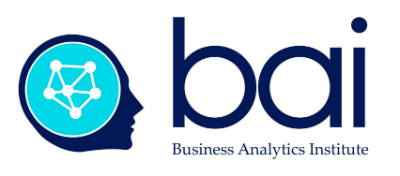Digital EconomicsEconomies and markets today are no longer limited to the exchange of products and services - for the introduction of digital technologies has progressively transformed our the production and consumption of our products, services and ideas. |

Business i
|
The ubiquity of data has changed the way we look at value. Data isn’t collected to simply describe physical objects, but to feed multi-purpose algorithms that condition the way we model the world around us. Information systems are no longer designed to track tangible goods, but to provide horizontal platforms that leverage the intangible assets of what we as consumers have, know, and do. Public and private organizations are as concerned today with what we do (descriptive) than what we could (predictive) or should do (prescriptive analytics). Privacy and ownership issues have led Europe to adopt the GDPR which will oversee how personal data can be collected, stored, and used in Europe. Data isn’t just data, it has become the lifeblood of modern enterprise. Digital Economics is at the heart of the Institute's research agenda, as well as its Masterclass, Summer School and Executive Education modules. |


